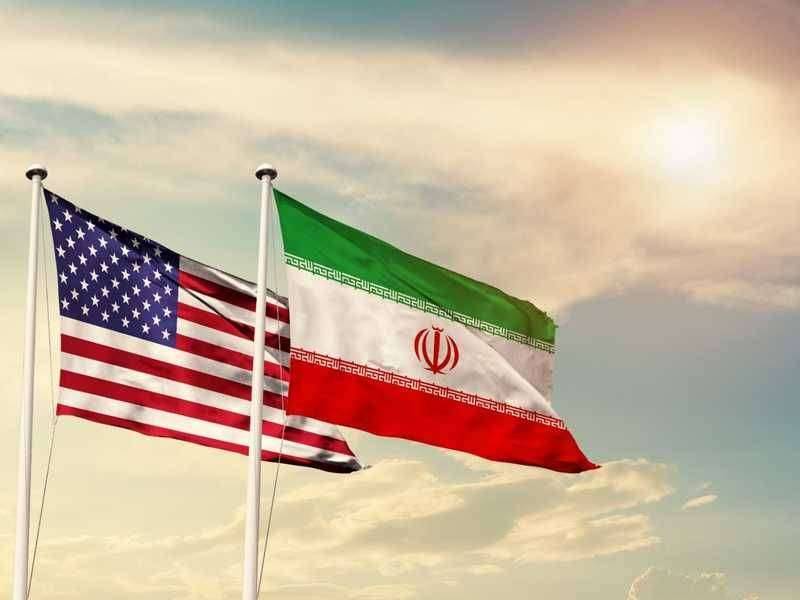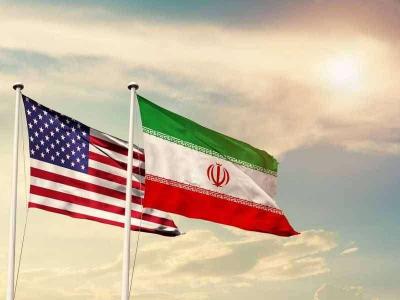The United States is engaged in talks with Iran to outline steps that could lead to a reduction in Iran's nuclear program, the release of some detained American citizens, and the unfreezing of certain Iranian assets abroad. This step requires a review by Congress, where many oppose it due to Iran's military assistance to Russia, its "repressive" actions domestically, and its support for proxies attacking American interests in the region.
American and European officials are searching for ways to curb Tehran's nuclear efforts following the collapse of indirect US-Iran negotiations. State Department spokesperson Matt Miller denied the existence of any agreement with Iran. He stated, "Washington wants Tehran to reduce tensions and curb its nuclear program, stop supporting the Russian war in Ukraine, and release detained American citizens."
Miller indicated that "we continue to use diplomatic channels to achieve all these goals." The US special envoy for Iran, Rob Malley, met with Iran's ambassador to the United Nations after months of Iran refusing direct communication.
A Western official explained that "the idea is to create a mutually acceptable status quo that makes Iran avoid the Western red line of enriching uranium to 90% purity, which is typically viewed as weapons-grade, and perhaps even halting its enrichment at 60%." The official did not specify whether stopping means Iran would commit to not enriching above 60% or that it would cease enriching to 60% itself.
A Western official, who requested anonymity, noted that there have been multiple rounds of indirect talks in Oman between US National Security Council official Brett McGurk and senior Iranian nuclear negotiator Ali Bagheri Kani.
Furthermore, the US special envoy for Iran, Rob Malley, also met with Iran's ambassador to the UN after months of Iran declining direct communication. When asked about the discussions, the Iranian mission to the UN in New York stated, "Our goal is to use diplomacy to understand the situation correctly and realistically and to try to find solutions to prevent tensions and manage the current situation." The Iranian mission told Reuters that "the key to the success of this path is to reduce the role of those opposing the diplomatic track."




